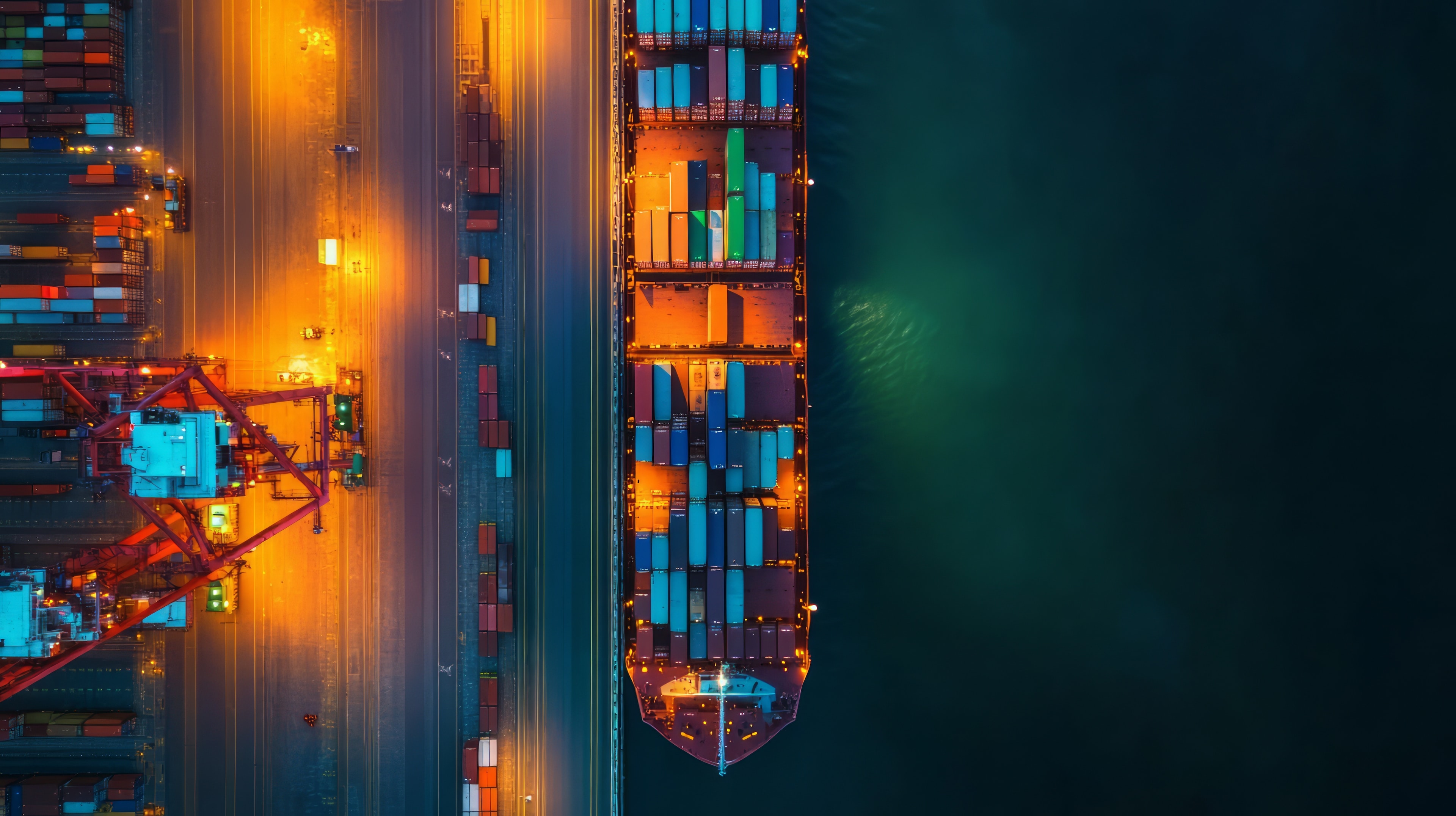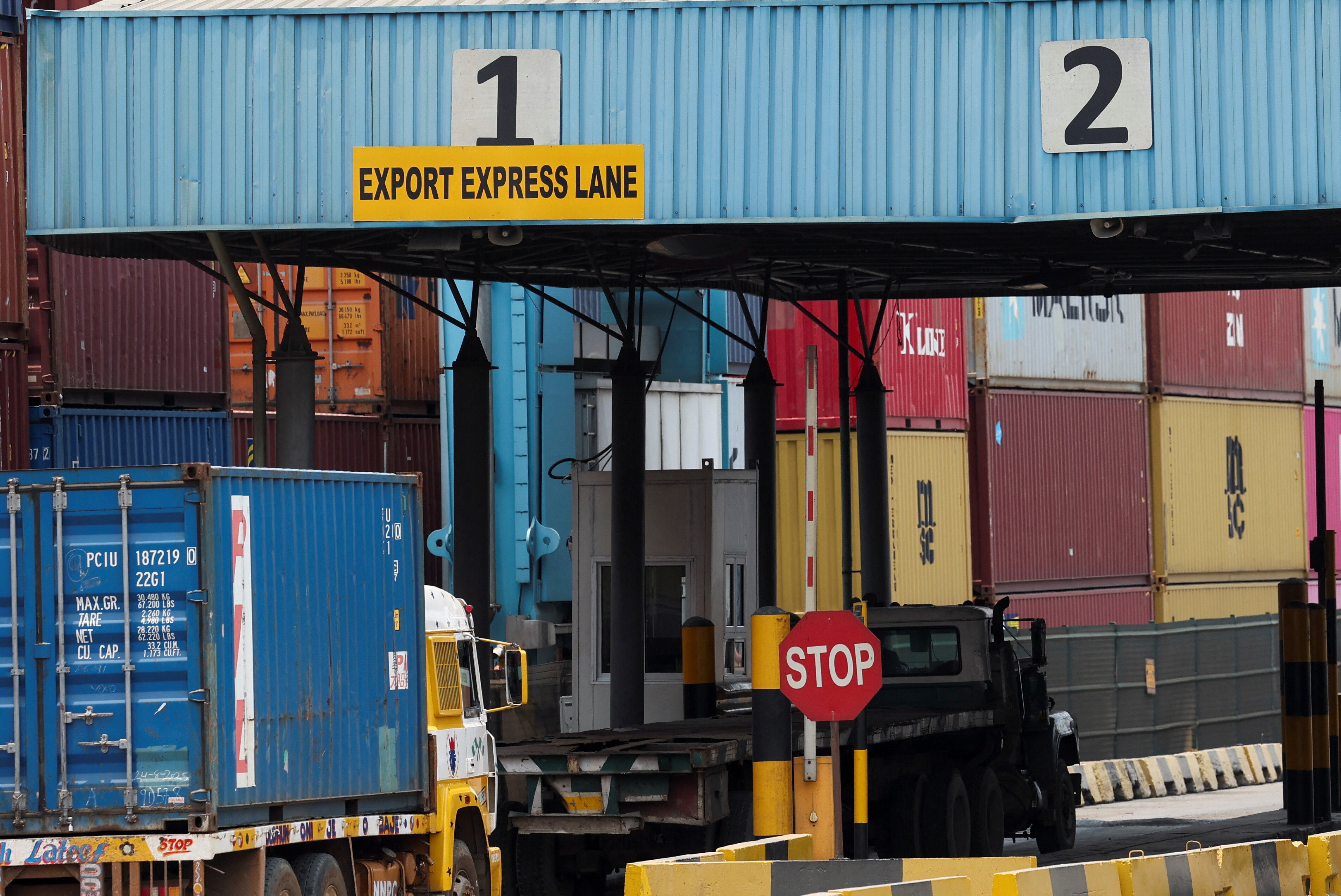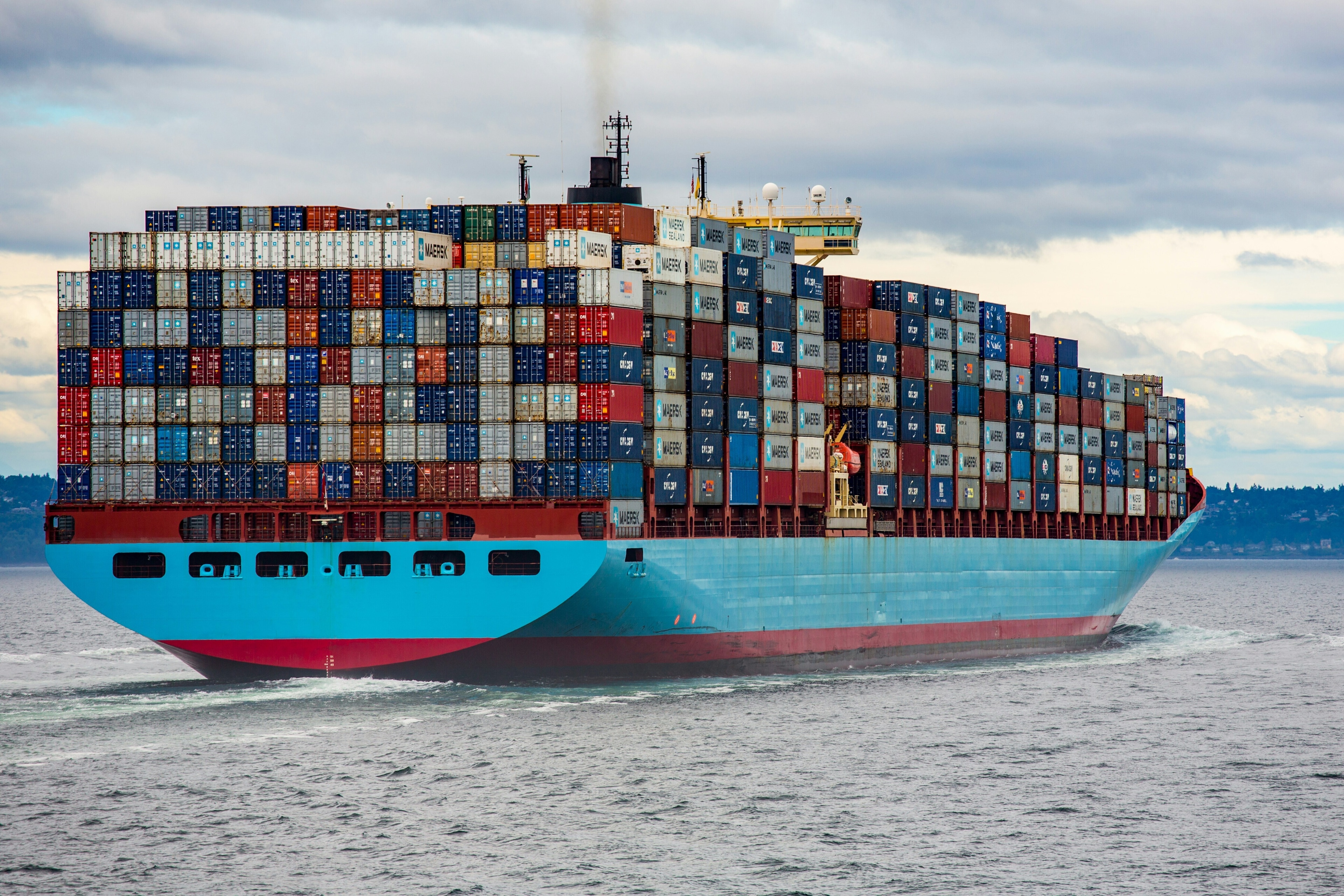These are the world’s most innovative economies

Which countries come out on top?
Image: REUTERS/Denis Balibouse
Stay up to date:
Switzerland
Switzerland has clinched first position yet again in the latest Global Innovation Index – a title it has held since 2011.
So is there a Swiss recipe for success? The small, landlocked country punches far above its weight in patenting, intellectual property receipts and manufacturing of high-tech products, according to the report.
Sweden is ranked second followed by the United States, the Netherlands and the United Kingdom.
Each year the index, produced by the UN World Intellectual Property Organization (WIPO), Cornell University’s SC Johnson College of Business, and graduate business school INSEAD, ranks the innovation performance of nearly 130 economies around the world.
It does this using 80 indicators ranging from research and development expenditure and patent and trademark applications to newer measurements such as mobile app creation and high-tech exports.
This year, notably, the US re-entered the top five, having fallen to sixth in 2018. And Israel, at No. 10, became the first country from the Northern Africa and Western Asia region to break into the top 10.
Best in class
In addition to ranking the world’s most innovative economies, the index highlights regional leaders in innovation (the US, Chile, Switzerland, India, South Africa, Israel and Singapore) and the best performers by income group (Switzerland, China, Vietnam and Rwanda).
China – the only middle-income economy in the top 30 – continues to power its way up the index, moving from 17th position in 2018 to 14th.
Now established as a “world innovation leader”, China ranks highly for patents, industrial designs and trademarks by origin, as well as high-tech and creative goods exports. It’s also home to 18 of the index’s top 100 science and technology clusters – second only to the US.
India, too, is noteworthy. It’s the most innovative economy in Central and Southern Asia, and 2019’s biggest mover, jumping five places to 52 (ranked 81 in 2015).
India also consistently ranks among the best countries in the world for drivers of innovation such as ICT services exports, graduates in science and engineering, gross capital formation (a measure of economy-wide investments) and creative goods exports.
Indian tech hubs Bengaluru, Mumbai and New Delhi also feature prominently in the top 100 list of science and technology clusters.
But political instability and conflict are strangling innovation in some parts of the world. The lowest-ranked countries in 2019 are Niger, Burundi and Yemen.
Innovation is thriving
Despite a slowing global economy, low productivity growth and US-China trade tensions, the outlook is positive for innovation, which, according to the report, is “blossoming” around the world, particularly in Asia.
Investment in innovation has increased across the world over recent years, while the use of intellectual property reached record highs in 2017 and 2018.
And expenditure on research and development has been growing faster than the global economy, more than doubling between 1996 and 2016.
“Never in history have so many scientists worldwide laboured at solving the most pressing global scientific challenges,” the report says.
But on a more cautionary note, it warns of looming pressures from trade disruptions and protectionism, and emphasizes the importance of government policy to encouraging innovation.
Countries that prioritize innovation in their policies have significantly improved their rankings, says Francis Gurry, Director General of WIPO.
The rise on the index of economic powerhouses like China and India has “transformed the geography of innovation and this reflects deliberate policy action to promote innovation," he says in a media release for the launch of the 2019 index in India.
Don't miss any update on this topic
Create a free account and access your personalized content collection with our latest publications and analyses.
License and Republishing
World Economic Forum articles may be republished in accordance with the Creative Commons Attribution-NonCommercial-NoDerivatives 4.0 International Public License, and in accordance with our Terms of Use.
The views expressed in this article are those of the author alone and not the World Economic Forum.
Forum Stories newsletter
Bringing you weekly curated insights and analysis on the global issues that matter.
More on Trade and InvestmentSee all
Mekhla Jha
September 15, 2025
Kimberley Botwright and Stijn Van Doorn
September 15, 2025
Nagendra Bandaru
September 8, 2025








